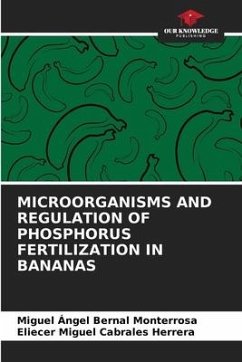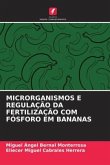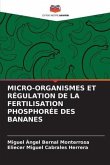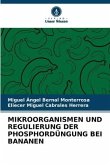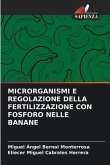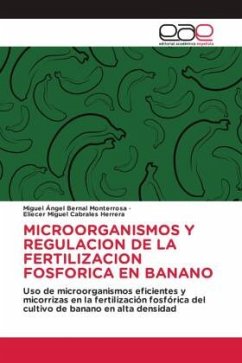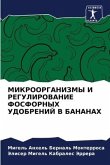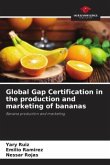The Urabá Antioqueño region is currently facing a difficult situation due to the progressive decrease in banana productivity and root development. As an alternative, the banana industry has increased the application of inorganic fertilizers without obtaining the expected success, which has generated a negative impact on the plantation and the environment due to the abuse of this type of products. The objective of this project was to evaluate the effect of mycorrhizae (AMF) and efficient microorganisms (EM) in the reduction of phosphorus doses in the banana clone Valery in a high density system under soil and climatic conditions of Apartadó - Antioquia. The treatments consisted of application of AMF, AMF + EM, EM and without AMF or EM; in each of these applications, 5 doses of phosphorus (P) were evaluated in kg/ha corresponding to: 0, 25, 50, 75 and 100. No statistical differences were found in morphological variables, but in yield some interesting data were found, highlighting that the use of AMF and EM can contribute to the reduction of the dose of P in banana cultivars under the edaphoclimatic conditions of Apartado-Antioquia.
Bitte wählen Sie Ihr Anliegen aus.
Rechnungen
Retourenschein anfordern
Bestellstatus
Storno

